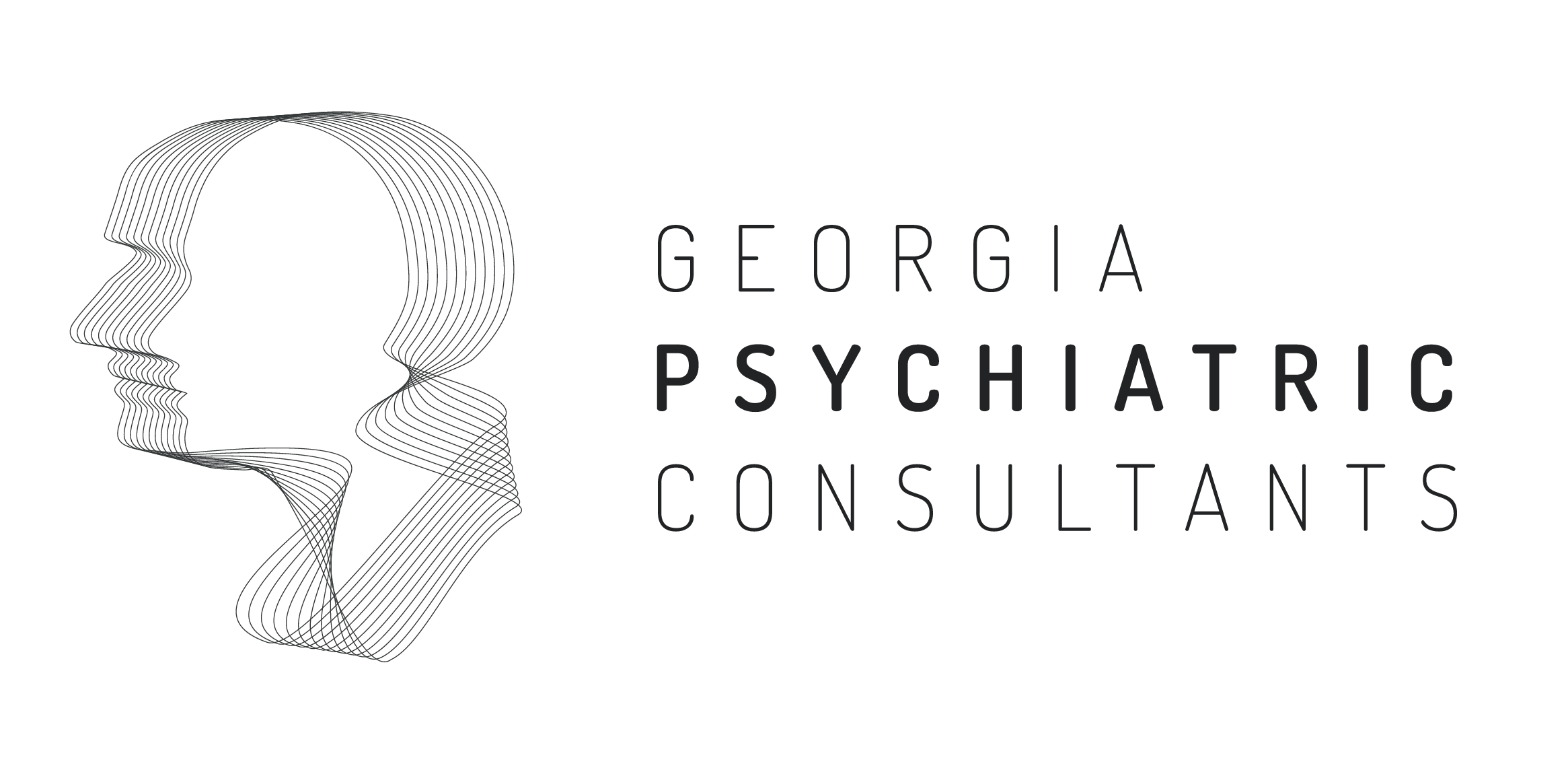Let’s face it, life is stressful! Our daily worries range from jobs and relationships to presentations and performances, making us feel as if anxiety is unavoidable. While anxiety is common, (it’s human nature to be a bit nervous and self-conscious before significant events) it is no less consuming. Frequent sweaty palms, a racing mind and heart, and upset stomachs are not merely inconvenient, but signs that you may need some anxiety management skills. By incorporating a few of the following tools into your daily routine, you can identify and manage your anxiety.
Exercise is crucial. Daily exercise is proven to not only improve your physical health but your mental health as well. Increased blood flow to your body and brain boosts your immune health, loosens tight muscles, releases endorphins, and contributes to a better night’s sleep. All exercise is beneficial but yoga is especially suited for managing anxiety. The slowed pace and focus on breathing will calm your mind, as well as teach you breathing, meditation, and relaxation skills to use when a stressful situations arise in the future.
Focus on your diet. Be sure to eat regular, healthy meals as well as stay properly hydrated in order to maintain your energy and control your blood sugar. By providing your body proper nutrition, it can function at its peak performance.
Get plenty of sleep. When your body is under stress you also need additional sleep, but often stress contributes to restless nights or insomnia, becoming a vicious cycle. To set yourself up for sleep success, take a warm shower or bath before bed, power off your electronics, and reduce the temperature in your bedroom. Take these extra steps in the evening to wake recharged, refreshed, and ready to face a new day.
Eliminate alcohol, caffeine, drugs, and smoking. These crutches are temporary fixes that prevent you from learning how to handle stress naturally. Their use contributes to the situation at hand and can actually increase your anxiety, possibly triggering a panic attack.
Join a support group. Talking to friends and family is great, but if they don’t understand what you are experiencing, consider a support group. If you are nervous about attending a meeting, there are available services online.
Keep a Journal. Recording your thoughts provides a physical outlet for your emotions. By putting your feelings on paper you transfer them from your mind. With continued journaling you may be able to detect patterns as well as identify triggers for your anxiety.
By taking steps to manage your anxiety, you are already one step ahead of it. While anxiety is a natural reaction to a stressful situation, some symptoms can begin to interfere with daily life and you may have more than general anxiety, you may have an anxiety disorder. According to the Anxiety and Depression Association of America, an estimated 40 million American adults suffer from anxiety disorders. If you are still overwhelmed by your anxiety, you may want to discuss the possibility of an anxiety disorder with a physician or therapist at Georgia Psychiatric Consultants today!




